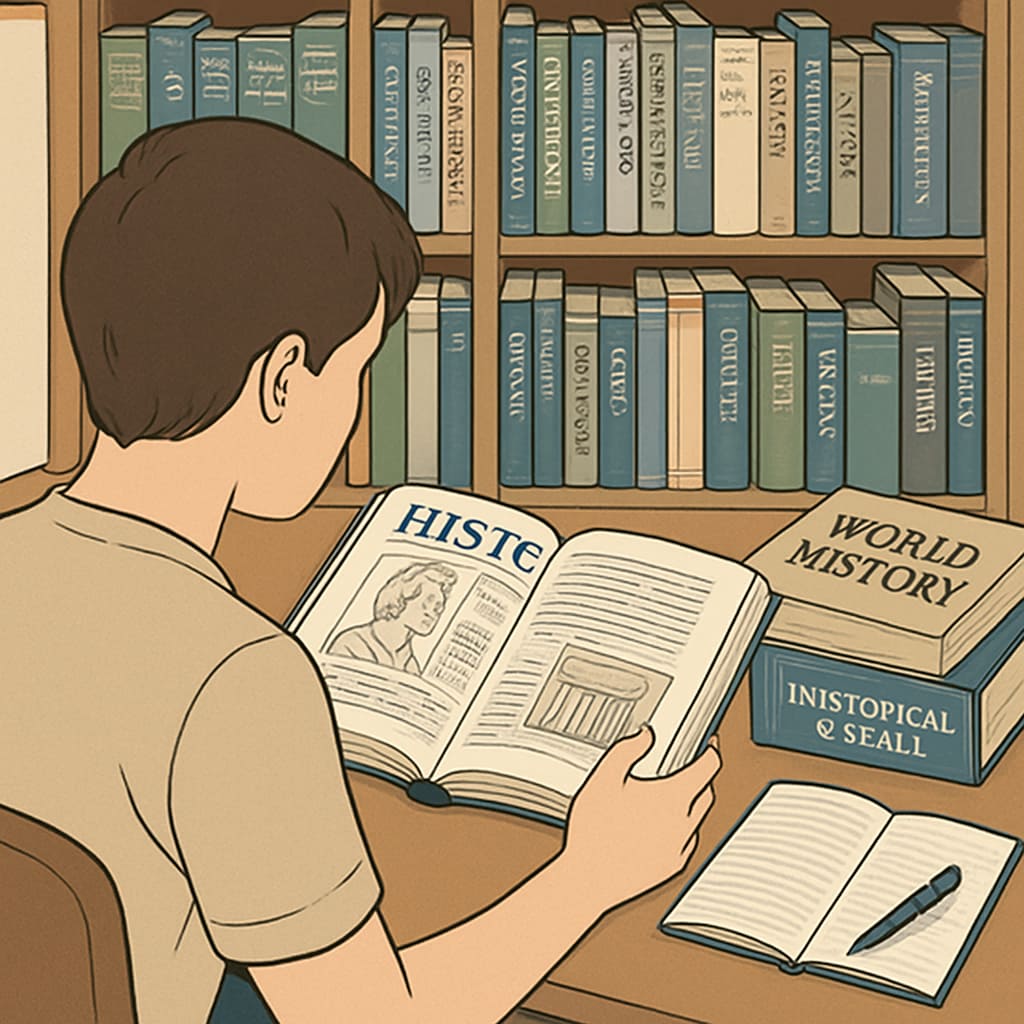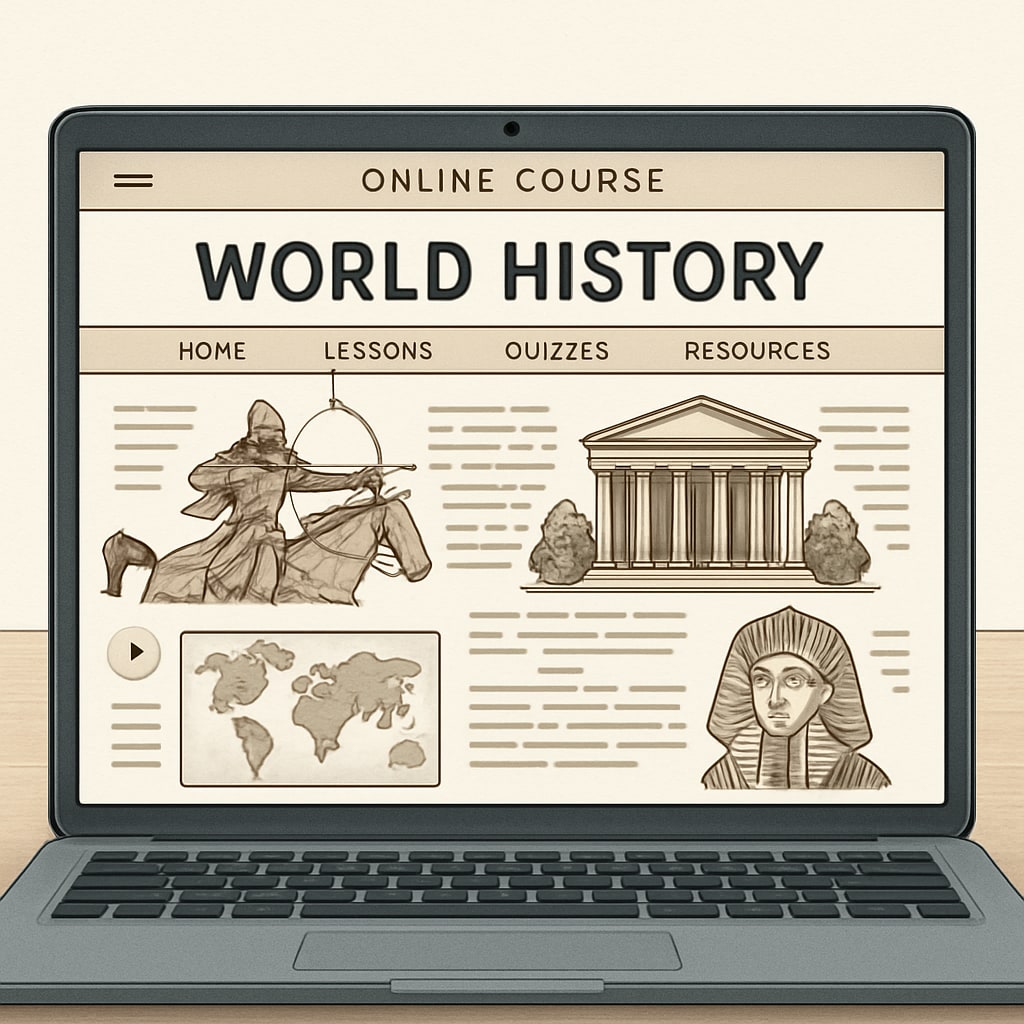For many adults, childhood interruptions in education—such as being forced to drop out—can leave lasting gaps in knowledge. These gaps may affect career opportunities, self-confidence, and the ability to engage with broader topics like world history and foundational academic subjects. Addressing these challenges through self-learning offers a transformative path to personal growth. In this guide, we’ll explore practical strategies, psychological adjustments, and self-learning resources to help adults reclaim their education.
Understanding the Impact of Educational Gaps
Educational gaps can manifest in various ways, from limited foundational knowledge in key subjects like mathematics and language to a lack of exposure to broader topics like history and science. For example, missing world history education might limit one’s understanding of global contexts and cultural diversity. However, adults who embrace self-learning can rebuild this foundation step by step.
Research shows that lifelong learning improves cognitive function, emotional well-being, and career prospects. To begin this journey, it’s helpful to acknowledge the emotional impact of educational interruptions while focusing on actionable solutions.

Practical Self-Learning Strategies for Adults
Self-learning can seem daunting without a clear plan. Here are several actionable strategies for adults seeking to address educational gaps:
- Set achievable goals: Start with short-term objectives, such as learning about a specific historical event or improving grammar skills.
- Leverage online resources: Platforms like Wikipedia and Britannica offer free and accessible information on world history, science, and more.
- Enroll in online courses: Websites like Khan Academy, Coursera, and edX provide structured lessons in foundational subjects and advanced topics.
- Use audiobooks and podcasts: For busy adults, listening to educational content can be a flexible way to absorb knowledge during daily activities.
- Join local study groups: Connecting with others who share similar learning goals can provide motivation and support.
By integrating these resources into daily life, adults can build a sustainable learning routine tailored to their needs.

Psychological Adjustments for Lifelong Learning
Overcoming educational gaps involves more than acquiring knowledge—it also requires addressing emotional barriers. Adults returning to education often face feelings of inadequacy or self-doubt. Here are strategies to overcome these psychological hurdles:
- Practice self-compassion: Accept that learning as an adult is a gradual process, and focus on progress rather than perfection.
- Celebrate small victories: Reward yourself for milestones, such as completing a course or mastering a new concept.
- Seek mentorship: Connecting with mentors or educators can help build confidence and provide guidance.
- Reframe past experiences: View educational interruptions not as failures but as unique circumstances that shaped your resilience and determination.
These psychological adjustments can transform the learning experience, making it more fulfilling and less intimidating.
Exploring World History and Foundational Subjects
World history is an excellent starting point for adults seeking to broaden their education. Understanding historical events and their impact allows learners to connect with diverse cultures and gain a deeper appreciation for global perspectives. Foundational subjects like mathematics, science, and language can also be revisited to strengthen critical thinking and analytical skills.
Recommended resources include:
- Books: “A Short History of Nearly Everything” by Bill Bryson offers an engaging overview of scientific knowledge, while “Sapiens: A Brief History of Humankind” by Yuval Noah Harari delves into human history.
- Documentaries: Series like “The Story of Us” and “Cosmos” provide visual and narrative-based explorations of history and science.
- Free online tools: Khan Academy’s history section and TED-Ed videos are excellent starting points for foundational and historical education.
By exploring these topics, adults can build a well-rounded understanding of the world and its interconnected systems.
Conclusion: Moving Forward with Confidence
Addressing educational gaps as an adult is a challenging but deeply rewarding journey. Through self-learning strategies, psychological adjustments, and accessible resources, adults can reclaim their education and expand their horizons. Whether delving into world history, mastering foundational subjects, or pursuing new interests, the path to lifelong learning is both empowering and transformative.


